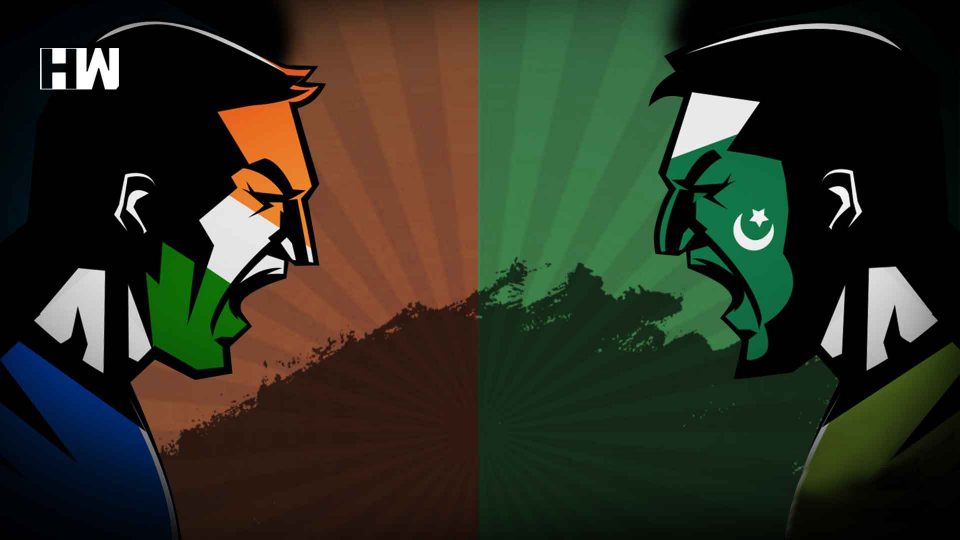Islamabad | Accusing India of perpetuating “dynamic rivalry”, Pakistan Foreign Secretary Tehmina Janjua has said New Delhi’s negative attitude was not only unhelpful for improving bilateral ties but was also stopping South Asia from making progress and attaining peace.
Speaking at a conference on ‘Conflict and Cooperation in South Asia: Role of Major Powers’ hosted by the Islamabad Policy Research Institute (IPRI), Janjua said that India, by refusing to attend the South Asian Association for Regional Cooperation (SAARC) summit in Islamabad, was holding the regional body’s summit process hostage.
Referring to India’s approach on ties with Pakistan, Janjua said India was “spinning hatred” and perpetuating “dynamic rivalry”, according to Dawn newspaper. This, she maintained, “was not only unhelpful for improving Pakistan-India ties but was also stopping South Asia from making progress and attaining peace”.
India, which blames Pakistan for several terror attacks in the country, has firmly told Islamabad that terror and talks cannot go together. She regretted that India tried to drown in controversy of Pakistan’s gesture of agreeing to the Kartarpur Corridor, for facilitating Sikh pilgrimage to one of their holiest sites, due to its domestic politics, but Islamabad ignored the Indian negativity and decided to “stay the course”. We are convinced that we will continue to try for peace and stability in the region,” she said.
About the new Pakistan government’s policy on India, Janjua spoke of Prime Minister Imran Khan‘s first address to the nation after the July elections in which he had offered to take two steps for every single step that India would take for normalisation of ties with Pakistan.
She said Khan in his letter to his Indian counterpart Narendra Modi expressed willingness to discuss all issues that were part of the ‘Composite Dialogue’. “Unfortunately we haven’t seen the kind of reciprocation that was required,” she said. The ties between India and Pakistan nose-dived in recent years with no bilateral talks taking place.
The ties strained after the terror attacks by Pakistan-based groups in 2016 and India’s surgical strikes inside Pakistan-occupied Kashmir. The sentencing of alleged Indian national Kulbhushan Jadhav to death by a military court in April over espionage charges last year further deteriorated bilateral ties.
The two sides often accuse each other of ceasefire violations along the Line of Control, resulting in civilian casualties. The foreign secretary also criticised India for “spending massively on force modernisation” and questioned the support being extended to it by the world powers in its acquisition of weapons.
“Recently held India-US 2+2 dialogue provides India access to advanced and sensitive US military hardware, technology, and weaponry,” she said. She also took a jab at Russia for signing a deal with India for providing it advanced S-400 air defence systems. “This would undermine the delicate strategic balance in the region and beyond,” she said.
Reiterating Pakistan’s position on the Indian arms build-up, she said: “Pakistan is concerned that such an arms race will be detrimental to peace and stability of the region. Pakistan doesn’t subscribe to any nuclear or conventional arms race in the region.”
Janjua said Pakistan would continue to pursue its policy of “credible minimum deterrence” to maintain strategic stability and cater for its interests. Contending that Pakistan’s foreign policy has been successful, the foreign secretary said it was proven by the country’s counterterrorism operations, the progress achieved by the China-Pakistan Economic Corridor and the emerging consensus on seeking a peaceful resolution of the Afghan conflict.
“Our view point on Afghanistan on the futility of kinetic approaches and merit of pursuing Afghan-owned and Afghan-led reconciliation process is finding greater traction today than ever before,” she underscored.
As an independent media platform, we do not take advertisements from governments and corporate houses. It is you, our readers, who have supported us on our journey to do honest and unbiased journalism. Please contribute, so that we can continue to do the same in future.

